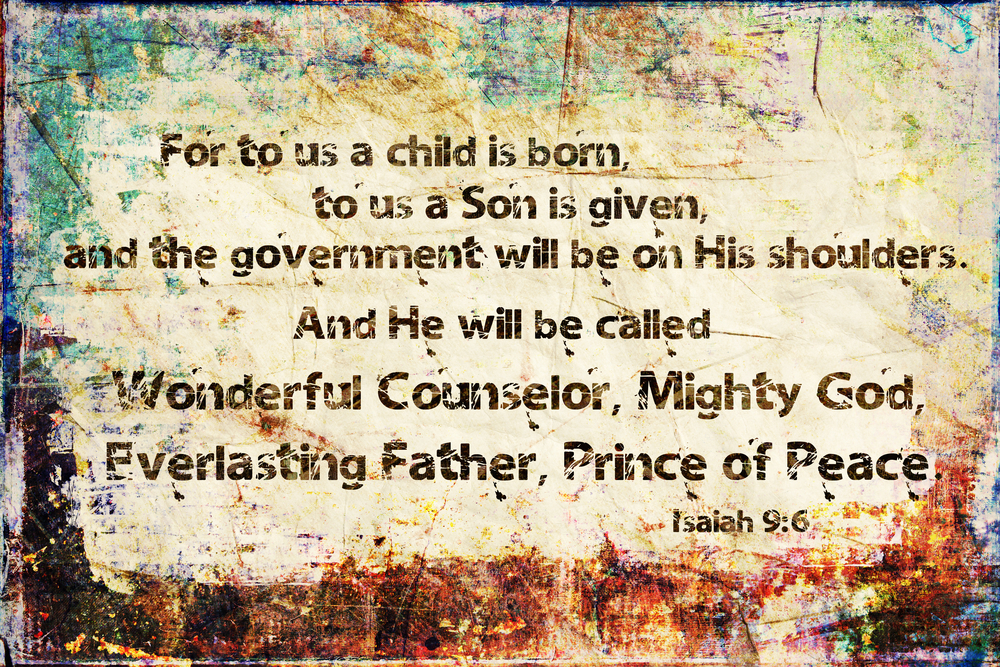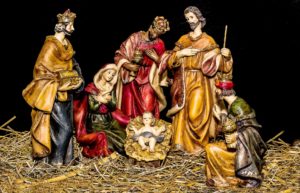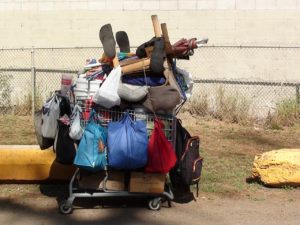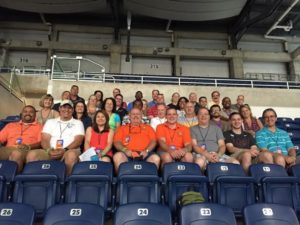John Hougen, Elkins Park, PA
Warm-up Question
Have you ever changed your opinion of someone after you got to know them? If so, was it because you found out the person had more or less in common with you?
Compassion For Our Own Kind
Recently, I was on a retreat where the leader combined two different meanings of “kind” to make the point that compassionate attitudes and actions can be motivated by a recognition of what we have in common with someone who, at first, seems “different” from us.
Kind (as an adjective) is defined as: “The quality of being friendly, generous, and considerate.” But, kind (as a noun) means: “A group of people or things having similar characteristics.” When we recognize that we “have similar characteristics” with someone who appears different, we are more likely to become “friendly, generous, and considerate” of them.
Today’s reading from Hebrews teaches us that as members of the human family, we all are brothers and sisters. We are “of the same kind,” and Jesus shares our “human-kindness.”
Hebrews 2: 14 -18 – “14 Since, therefore, the children share flesh and blood, he (Jesus, the “pioneer of their salvation” vs 10) himself likewise shared the same things…. 16 For it is clear that he did not come to help angels, but the descendants of Abraham. 17 Therefore he had to become like his brothers and sisters[f] in every respect, so that he might be a merciful and faithful high priest in the service of God, to make a sacrifice of atonement for the sins of the people. 18 Because he himself was tested by what he suffered, he is able to help those who are being tested.”
Jesus’ compassion, according to this passage, was due in part to his becoming human, becoming one of us, able to identify with those who needed his healing, his teaching, his saving grace. In Matthew 25: 31 – 46, Jesus teaches us that when we feed, clothe, or visit someone in need, we are feeding, clothing, and visiting him—further emphasizing his identity as one of us: one who loves, suffers, finds courage, feels pain. He is part of the human family. Both today’s reading from Hebrews and verses 8 – 9 from the first reading (Isaiah 63) make God’s ability to identify with and relate to humanity the basis for God’s compassion and mercy towards us. Perhaps it is our ability to empathize, to identify with other people, that enables us to act compassionately toward them.
Discussion Questions
Do you believe that all members of the human family (all of humankind) are sufficiently alike that you can have compassion for them when they are in need? Or, are some people just too different to understand, too different to be treated with compassion? What differences, if any, disqualify someone from receiving your compassion?
First Sunday of Christmas
Isaiah 63:7-9
Hebrews 2:10-18
Matthew 2:13-23
(Text links are to Oremus Bible Browser. Oremus Bible Browser is not affiliated with or supported by the Evangelical Lutheran Church in America. You can find the calendar of readings for Year B at Lectionary Readings
For lectionary humor and insight, check the weekly comic Agnus Day.
Gospel Reflection

The Massacre of the Innocents Pacecco de Rosa. Purchased with the John D. McIlhenny Fund, 1973; The Philadelphia Museum of Art, www.philamuseum.org
Baby Jesus was a refugee.
Jesus was born into a part of the world plagued by terrorism: it still is. Matthew 2: 16 – 18 (from today’s Gospel reading) reports events that are paralleled in the same region of the world today.
Jesus was born in Bethlehem, a small town in Israel. The king of Israel, Herod, heard that a newborn was being called the “King of Israel.” Herod was afraid this child would grow up to be a threat to him and his royal family. When the Wise Men refused to identify this infant destined to be king (see Matthew 2: 1 – 15), King Herod ordered all the infants in and around Bethlehem to be killed. For the king, no atrocity was out of the question if it would save his throne, his power and his privilege.
Aleppo, Syria is only 330 miles north of Bethlehem, less than the distance from New York to Richmond or from San Francisco to Los Angeles. Children in Aleppo are being slaughtered by bombs and troops sent by infuriated despots eager to stamp out threats to their power. The Bible story and today’s news are horribly similar.
Just as millions of Syrians have fled the civil war which has taken the lives of so many in their country, so too, Joseph, Mary, and Jesus fled the “Massacre of the Infants” ordered by King Herod. Matthew 2: 13 – 15 tells how the infant Jesus escaped King Herod’s slaughter: Jesus’ earthly father, Joseph, was warned in a dream to flee to Egypt. He did, taking Mary and the Christ child to safety. In the first months of Jesus’ life, he became a refugee, finding safety in a foreign country. In our times, this scenario is echoed in the news day after day, year after year: refugees from one conflict after another seek safety in foreign lands.
Discussion Questions
- Do you know anyone who has been or is a refugee? From their experience or the experience of others you have heard about, share what you know of the challenges refugees face: in the homeland they left, during the journey to their new homes, and as they adjust to living in a strange land.
- Do you think welcoming refugees into your community is risky? Discuss; then go online to find: Infographic: The Screening Process for Refugee Entry into the United States. This website outlines what is done to reduce the risk to your community. Is this information surprising to you?
Activity Suggestions
Find out about an effort to resettle refugees in your area, and ask how you can help.
Closing Prayer
God – the Compassionate and Merciful: Give us the mind of Jesus, who did not count equality with You a thing to be exploited, but left his heavenly throne to become one of us.* As we, like Jesus, recognize our common humanity with those who seem different, turn our compassionate thoughts and feelings into actions. Give us a Jesus-like capacity to identify with those in need. Give us Jesus-like motivation and courage to reach out to them as we would like to be helped if we were in their shoes. In the name of Jesus, who became Someone like us … and like them. Amen.
*See Philippians 2: 4 – 11








